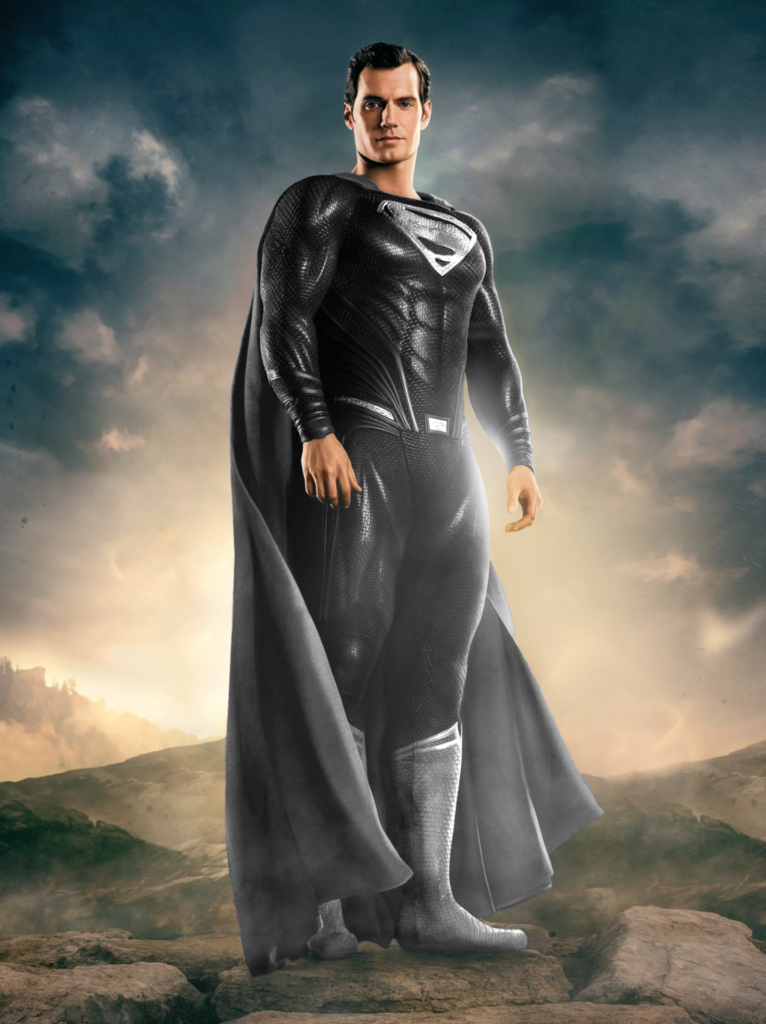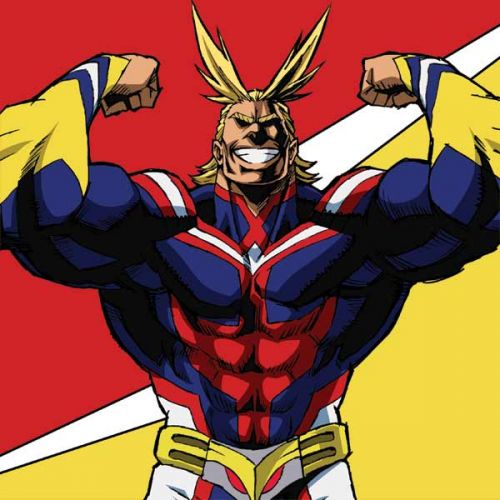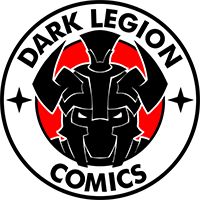The Superheroic Virtues: Prudence

It’s a cool point of view to be like “My heroes are still innocent. My heroes didn’t fucking lie to America. My heroes didn’t embezzle money from their corporations. My heroes didn’t commit atrocities.” That’s cool. But you’re living in a fucking dream world. -Zach Snyder
This is the most sophomoric, “only I have beheld the true light” bullshit I’ve ever heard in my life. -The Dark Herald
I have no idea why there is such pants wetting excitement going on over the Snyder Cut version of Justice League. The man does not understand heroism. Not at all, not in the least.
Honestly, the DCEU’s biggest problem was in putting a man as utterly clueless about humanity as Zach Snyder in charge of it in the first place. The man is clearly on the Autism Spectrum, high functioning to be sure but definitely there.
This is the guy who said if he’d been in charge of Dark Knight, he’d have “had Batman raped in prison.” Actual quote. He had about a dozen 9-11s going on in Man of Steel and didn’t seem to have the slightest idea of just how uncomfortable he was making neurotypical audience members. Clueless. He doesn’t get people or what people will find just edgy enough to be cool, without being so edgy that he drifts into the farce of being an Edge-Lord.
If you think you are an Edge-Lord I have really bad news for you…
You probably are.
It’s not a complement, it really isn’t. You are so Edgy you’ve gone over the Edge into clueless, autistic Edge-Space. As beaglebrained as any 1950s beatnik, convinced that his poem about sitting naked in a bucket of cold mashed potatoes, is too cool for the squares to get.
Zach Snyder is quite definitely an Edge-Lord. He does okay when he is constrained by a script but when he gets to write the script, things go too far and too extreme for normal people to accept. Bad as Joss Whedon’s Justice League is, the Snyder Cut will be drastically worse.
Wonder Woman 1984 was overlong, self-indulgent, boring and crushed under the burden of its caricatures of 1980’s MEN. However, its biggest problem was handed to it three or four movies ago, when Diana told Bruce Wayne that after she had lost the love of her life, she had withdrawn from the world, apparently for 100 years.
Snyder turned Diana Prince from Wonder Woman into the Dread Ayesha waiting thousands of years for her one true love to be reincarnated. He never had any kind of handle on the character. This is about as bad as Padme “dying of sadness” because Anakin had turned to the Dark Side (admittedly, Lucas is pretty autistic in his own right).
Simply put, Wonder Woman wouldn’t do that. She is the embodiment of too many of the heroic virtues of…
Prudence: the ability to always discern which is the path, that is right to take. Whether or not it will be the easiest is immaterial it is the Right thing or it isn’t.
Temperance: the practice of self-control and moderation. Self-restraint in all things from extremes in emotions to extremes in pride and grief. This is critically important in those that have great power.
Justice: Having a strong sense of fairness.
Courage: The strength to carry out the other virtues. To able to confront fear, uncertainty and extreme opposition. To follow those virtues regardless of the painful burdens of personal sacrifice they will entail. The strength to keep going when all hope is lost.
These four virtues define heroism. And none of Snyder’s “heroes” can do all of them. Courage is about it for his “heroes.” Or rather they can manage the stoic interpretation of Courage known as Fortitude. They can endure pain, suffering and hardship. In truth, they seem to revel in doing so. But the other three virtues are almost completely absent in all of his heroes.
Prudence is the mother of all virtues. It’s not surprising that those completely lacking in it have nearly succeeded in redefining it as something bad.
Guy with grey, mutton-chop sideburns and mustache: “This act of moral cowardice is the prudent course of action.”
Ditzy, blonde, cool girl: “God Jenny! You are such a Prude! Now take off your top and join the fun!”
It’s even less surprising that superheroes are now almost entirely devoid of it. They’ve all turned into the Punisher.
“I feel that we identify with villains because of their struggle… and for a long time too with villain characters…they also had a lot of room to do things that were a little more nuanced and complicated then the cookie cutter hero characters because you get all this pressure for the hero to kind of stay in one Lane…” Women of Marvel.
These are the writers whose superheroes simply can’t discern good from evil. Consequently, they prefer writing villains because they have some more room to maneuver. They don’t have to “stay in one Lane.” Being empty of these virtues themselves, indeed, loathing them as forces of “oppression,” it is impossible for these writers to inject them into the heroes who have been given into their poisonous care.
And Zach Snyder is one of the worst.
“All this time I’ve been living my life the way my father saw it. Righting wrongs for a ghost, thinking I’m here to do good. Superman was never real. Just a dream of a farmer from Kansas.” -Zach Snyder’s Superman.
This crap is just an Edge-Lord’s fallacious sophistry disguised as dark and secret enlightenment. It’s the product of a mind that simply is repelled by the concept of good. Of course, he can’t understand Superman and that his version of the Man of Steel eventually gives up on humanity, carelessly kills thousands of people, and also deliberately breaks Zod’s neck. His heroes…okay not, heroes… Snyder’s protagonists are nothing but superpowered revenge monsters in funny underwear.
“Save Martha!”
Stupidest line in movie history. Followed quickly by the second stupidest.
“Why did you say that name?!?!”*
Because both of you had a shitty writer, who is repelled by even the concept of prudence. Zach Snyder is on the record as being hardcore Objectivist. A philosophy most easily condensed as an utterly amoral obsession with the “Self.” There is no other good in the world than that of which is good for you personally. It is a belief system that is utterly without prudence because that virtue is likely to “let your morals get in the way of doing what is right.”
Snyder had Superman destroy a multi-million-dollar satellite because it was trying to track where he was going. It was childish and selfish. It was not the right thing to do. It was not a prudent thing to do. It was also pretty damn stupid; Superman has been dealing with the government tracking of his movements since 1947 without leveling NORAD.
But childishness defines Snyder’s interpretation of superheroes. Glowering, petty, revenge obsessed toddlers.
Superman doesn’t do snarling death threats, he is the man who always does the right thing no matter the cost to him personally.
The best interpretation of Superman I’ve seen in the last five years, wasn’t Superman at all.

It was All Might from My Hero Academe.
“Someone could be injured and calling out for my help right now, and I’d never know about it. But that’s all the more reason to stand tall and smile, so that the symbol of justice is always there, even when I can’t be. A flicker in people’s hearts whether they be a hero or a villain.”
In conclusion, this is the first in a series of four essays on the Superheroic virtues. I chose Prudence for the first one because without it the rest aren’t virtues at all. Merely admirable traits. Without Prudence no superhero can do the most important thing they can do; inspire.
You don’t need the power to lift mountains or to fly in order to follow these virtues and be improved by them. You don’t need superpowers in order to inspire. You need the heroic virtues.
*Save Martha? Seriously? I’m dead certain that at one time there was a better version of that script where Superman referred to Martha Kent the way he has for the past eighty-five years and groaned out, “Save my Mother!” But with little or no understanding of how “normies” think, Snyder thought he had come up with something climactic instead of disastrously breaking the audience’s engagement (what little was left after the sink scene) by using dialog that the audience found fundamentally ridiculous.

